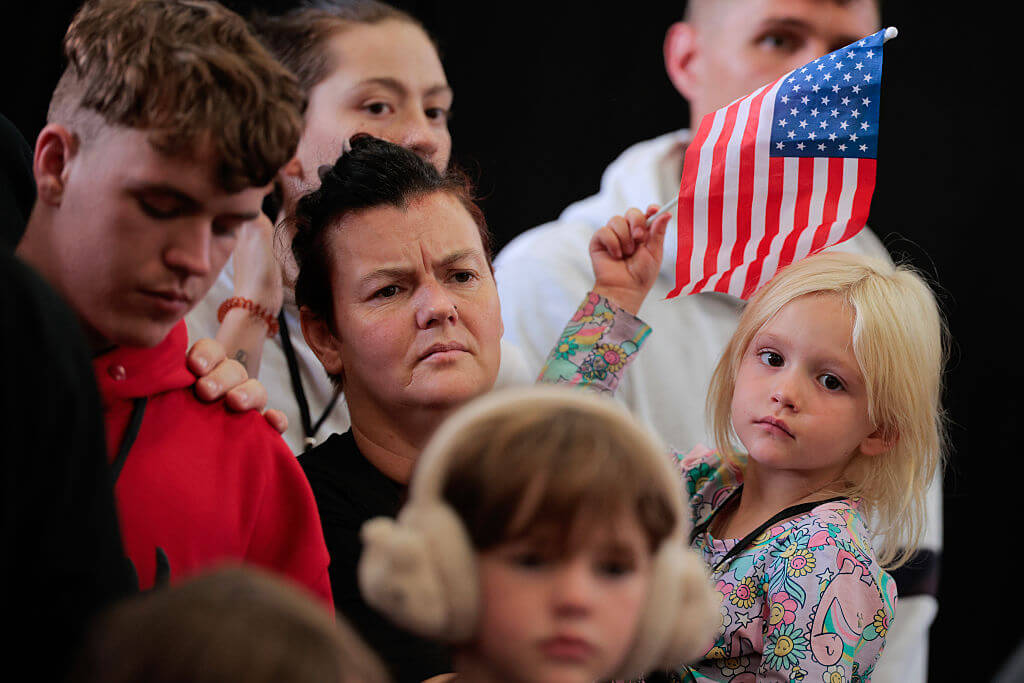How To Talk About Rape Culture in 2016 – Start By Admitting That It Exists

Image by Getty Images
When you type “rape culture” into your search bar, Google helpfully shows you that “rape culture myth” (emphasis mine) is the second most popular search term for the phrase. This tells us much of what we need to know about the status of the conversation; people don’t even believe that it’s even a real thing.
Yet we get daily reminders that it is too, too real. From Bill Cosby to porn star James Deen, the end of 2015 was rife with very public stories of celebrities who have (allegedly) made almost a secondary career of raping and sexually assaulting women with impunity. What’s fascinating and repugnant about both cases is that these men hide behind elaborately constructed “nice guy” personas. Cosby cast as the friendly, silly TV dad and pudding pop guru, and Deen as the nice Jewish boy next door – even as a .
Talking about rape culture gets even more complicated when you’re a sex-positive feminist who makes a living writing about what we do when we’re naked. For instance, I believe that sex work should be decriminalized and sex workers should be able to unionize. I believe women can and should wear whatever they want, whenever they want, and that they are never, ever “asking for it,” no matter how many partners they’ve had. And yet I just as heartily believe that everything in this list is real evidence of rape culture.
I’m not a moralizing, sanctimonious person who wants to stop people from having fun. In fact, I consider myself a “pleasure activist” of sorts – with consent at the center of everything. I love and celebrate sex in all its forms and want everyone to have plenty of it, but I also believe rape culture is terrifyingly real. One can be a full-throated feminist who fights against rape culture and a person who’d self-identifies as a slut, intending to reclaim that word.
Both men and women are sometimes confounded by my position, and this is precisely the problem – rape culture thrives on the binary myth of women that do and women that don’t. In a rape culture you get to be either a slut or a sex-averse, frigid Feminazi – there’s no in-between. This is because we are still not making the definitions, we’re just struggling to fit into them – and that’s why it’s so powerful and important for all of us to have this challenging conversation.
At this moment the right is trying to claim “rape culture” under its own misogynist mantle by blaming its existence on brown people – specifically Muslim refugees. From the New York Post to The Washington Times to Breitbart, the New Year’s Eve assaults in Cologne, Germany are being used to suggest that liberals have their knickers in a twist for all the wrong reasons. When they’re not blaming men from the Middle East (similar to the way they used to blame Black men, as in the story of Emmet Till) they blame feminists with stories like this.
Whenever I use the hashtags #rapeculture or #believewomen in the wake of a public sexual assault, I am assailed by men on my social media feeds about their own victimization. On Facebook and Twitter, I’m messaged about the “ruined lives” of the men and boys who’ve been wrongly accused. They seem to believe there is an industry dedicated to falsely accusing men or rape. As if women just can’t wait to get on the stand in a courtroom to share the intimate details of their bodies, to spend weeks, months or years creating fictions about violence, for financial gain or simply spite. It’s always about the money to these men, or about “bitches” that want to ruin them. The men who post in these threads on Facebook have very obvious psychological problems, issues with their mothers and wives and girlfriends, but what’s scarier is that it’s endemic, not anecdotal. Toxic male rage is the rule, while questioning it is still the exception.
When porn star/essayist Stoya tweeted that James Deen had raped her late last year, she was the first of many women in the industry, including Joanna Angel, to come forward about Deen’s long history of violent assaults. So how does a man who sounds like a textbook sociopath earn a reputation as a nice Jewish boy? We enable it because we don’t know how to talk about rape culture, and because white, cis-male privilege has been the de facto jumping off point for all our conversations. This is happily changing over time, but not fast enough. It is hopeful that on college campuses and in certain quarters online, rape culture is well understood and its existence is a given, albeit one that activists are trying to eradicate.
Here is one way that we should talk about rape culture – from the beginning, to our children. To both our boys and our girls, so that we can end it in the next generation.























